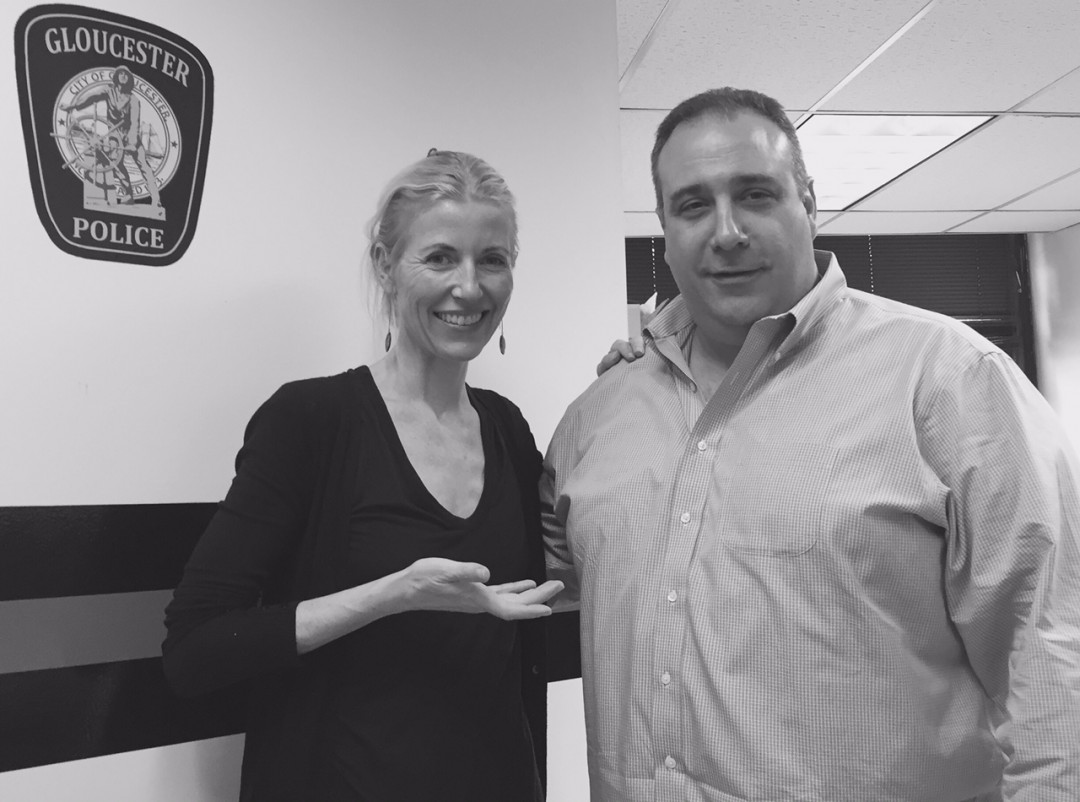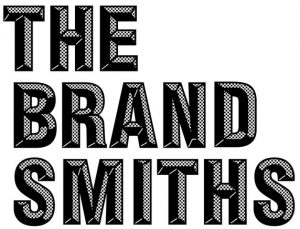
Chief Product Officer.
Chief Creative Officer.
Chief Executive Officer.
Chief-of-Everything-Officer
As business owners, we are all chief of something (many of us the latter.) But how many of us assume certain issues are just “part of being in business,” or “part of being the boss” or part of “working with people.”?
This short story is about a local Chief of Police who did an unusual thing: he stopped arresting drug addicts and started saving them instead. He changed the story on “it’s just part of being the police.”
As you can see from the news, this country has an opioid addiction issue. Heroin is rampant. Prince just died of a Fentanyl overdose. Where I live, on the north shore of Massachusetts, 4 people in the small town of Gloucester had already overdosed by the second month of last year. This police chief took a deep breath with that news – and decided to take action.
Last winter, he posted a message on Facebook that read:
“Any addict or dealer in Gloucester is invited to bring in needles and drugs, and turn themselves in, without arrest. You will be offered assistance and rehab, no questions asked.” His mission? Immediate and sustainable care for anyone who wanted it. He got 39,000 views from across the state and country.
I assumed before interviewing him that he had pre-organized beds in rehab centers and a volunteer program to assist – but guess what? He had no plan. No connections. No infrastructure. No volunteers. He said, “We had no idea what we were going to do. The solution came from putting out the message.” He took a leap of faith, got others involved in the conversation, and as a result – created a solution that involves volunteer “angels” who have helped build a model being adopted across the country.
A year and a few months later, he counts 120 police departments in 28 states who use his program, 300 treatment centers, 60 million dollars in scholarship funds – and 450 addicts helped through treatment. That’s pretty impressive for a village law enforcement officer. He’s been featured on NPR, in The New York Times, The Boston Globe – he’s a hero (who, by the way, gives most of the credit to his team. Of course.)
It’s easy to feel despondent about problems in our midst. I know I do – and it comes from not knowing how to help or how to change my own habits or how to move boulders up mountains and even how to communicate better. So often it can feel like its people who stand in our way or ruffle our feathers or make life harder, but often it’s a process or belief that has been allowed to proliferate. When teams flail or fail, something systemic happened…no one intentionally brings a ship down, right?
Here’s to arresting the problem, not the person. That’s the kind of Chief I want to be.


